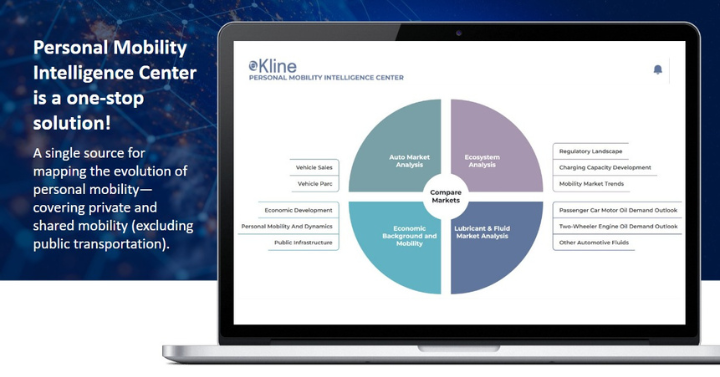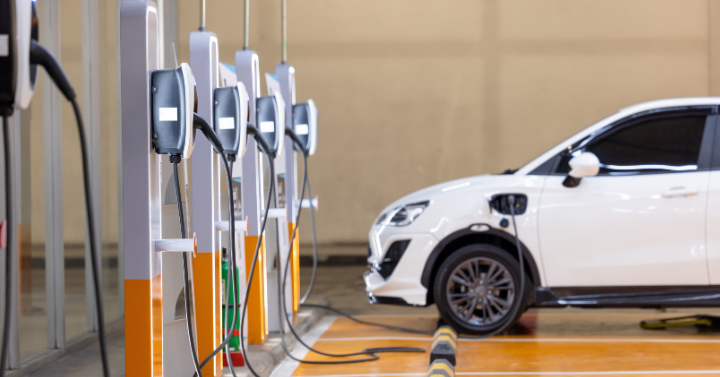At this point there is a growing consensus that the route to decarbonize personal mobility is electrification. Though occasional setbacks and barriers in the form of lagging development of the charging infrastructure, high purchase cost, slow charging speeds, and other such issues persist, EVs are growing in their share of new car sales.
Continued monitoring of this space is needed to identify early signals on slowing or accelerating passenger car electrification. But there is much more to the emerging personal mobility ecosystem than electrification!
The CASE Framework: A New Direction for Automobiles
The traditional automotive industry is undergoing a major transformation with the addition of new trends collectively referred to as CASE: Connected (C), Autonomous Driving (A), Shared Mobility (S), and Electrification (E).
Deepening digital technology, new forms of shared mobility, new entrants/start-ups in this space covering a wide range of business activities from battery technology, charging networks, EVs, car sharing, ride-hailing, and still on the horizon, autonomous vehicles and the resultant impact on the finished lubricant market, make personal mobility a rich space filled with opportunities and threats.
Navigating a Complex Ecosystem
To add to the complexity, each market is on a unique pathway and evolving at different speed. With easy access to all the information via public domains, every person has an opinion, but the opinions should be taken with a pinch of salt unless they follow a cohesive approach and connect all the relevant components together. Because headlines are strong but can be very misleading!
Kline has developed the Personal Mobility Intelligence Center, an interactive platform that tracks this evolving market and offers a clear narrative on the development of each segment. To learn more or schedule a demo, contact us here.

Want regular energy industry updates, expert analysis, insider tips, and webinar invites in your inbox? Click here to sign up for the Kline newsletter.

